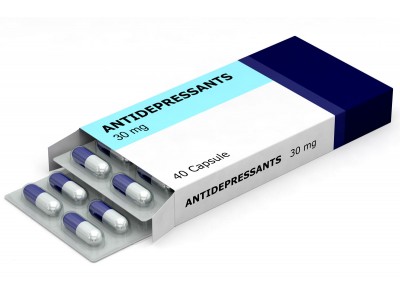Antidepressants often have temporary effects due to the complex nature of how they interact with the brain's neurotransmitter systems and how they influence mood and behavior over time. Here’s a closer look at why their effects might seem temporary and the reasons behind it:
1. Time to Full Effectiveness: Many antidepressants require several weeks to reach their full therapeutic effect. Initially, patients might experience some improvement in symptoms, but it can take a few weeks for the medication to stabilize neurotransmitter levels and for the full benefits to be realized. The early effects might be subtle or temporary, and the full impact of the medication often builds up gradually.
2. Adaptation and Tolerance: The brain can adapt to the presence of antidepressants over time. This adaptation can sometimes result in diminished effectiveness or the emergence of tolerance, where the initial response to the medication decreases. This doesn't necessarily mean the antidepressant is ineffective; rather, it may require dosage adjustments or a different medication to maintain its efficacy.
3. Symptom Masking vs. Treatment: While antidepressants do help alleviate symptoms of depression, they are not just masking symptoms. They work by altering the levels of neurotransmitters such as serotonin and norepinephrine, which play a role in mood regulation. However, they do not address all aspects of depression, such as underlying psychological or situational factors. Effective treatment often includes a combination of medication and psychotherapy to address these broader aspects.
4. Individual Response Variability: Not all individuals respond to antidepressants in the same way. Factors such as genetics, the severity of depression, and individual brain chemistry can influence how well a medication works. Some people may experience significant relief, while others might find the effects less consistent.
5. Treatment Optimization: For some individuals, finding the right antidepressant or combination of treatments can be a process of trial and error. Regular follow-up with a healthcare provider is crucial to monitor the effectiveness of the medication and make necessary adjustments.
Overall, while antidepressants can significantly help many individuals, they are often most effective when combined with other therapeutic approaches like cognitive-behavioral therapy (CBT) or lifestyle changes. If you find that an antidepressant is only providing temporary relief or is not effective, it’s important to discuss this with your healthcare provider. They can help assess the situation, adjust the treatment plan, and explore other options to ensure a more comprehensive approach to managing depression.
